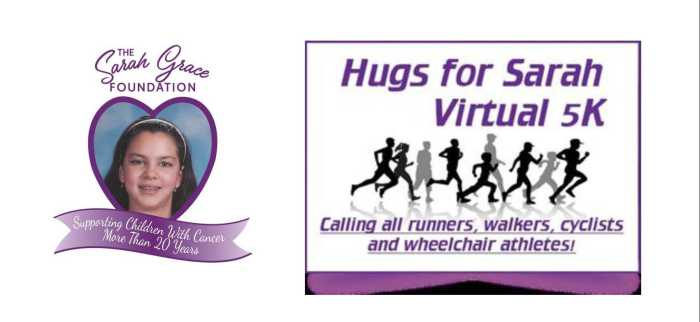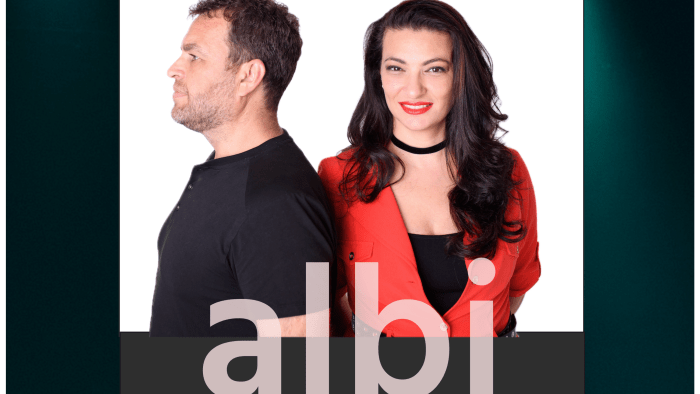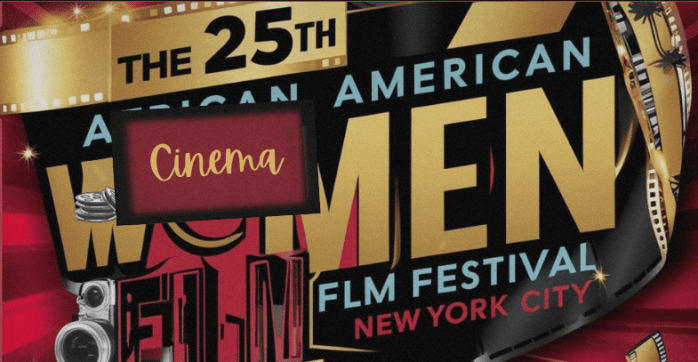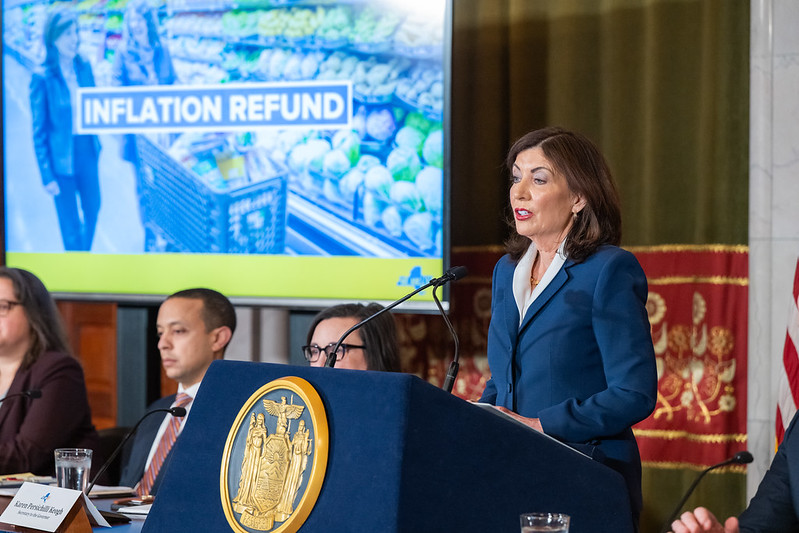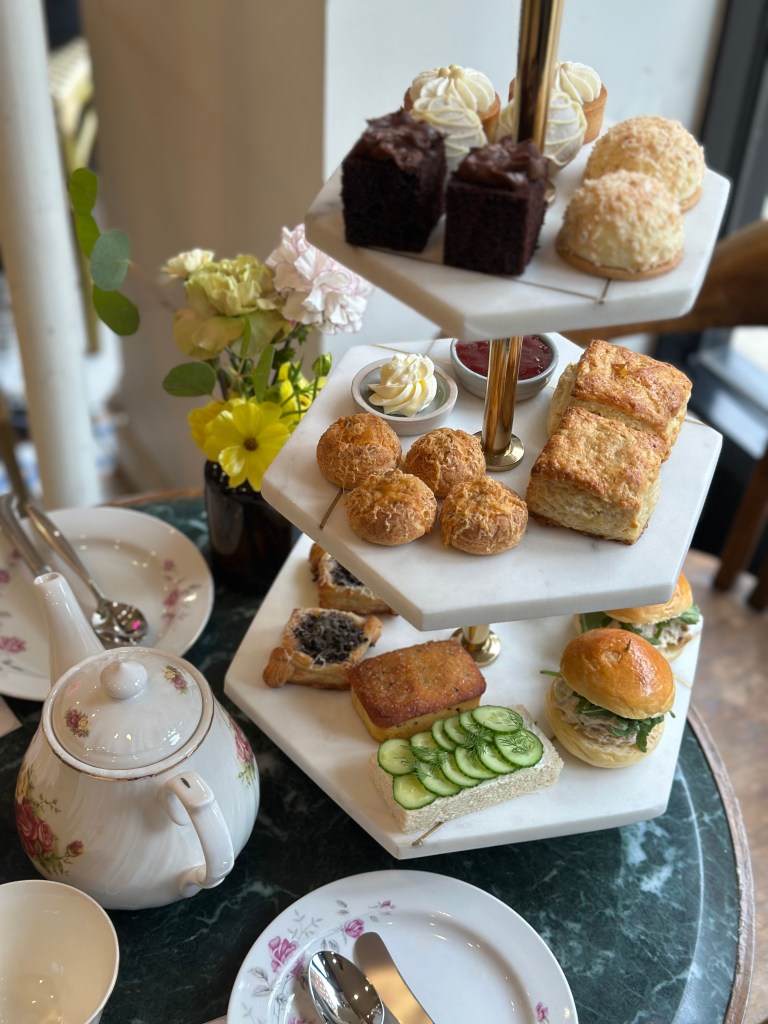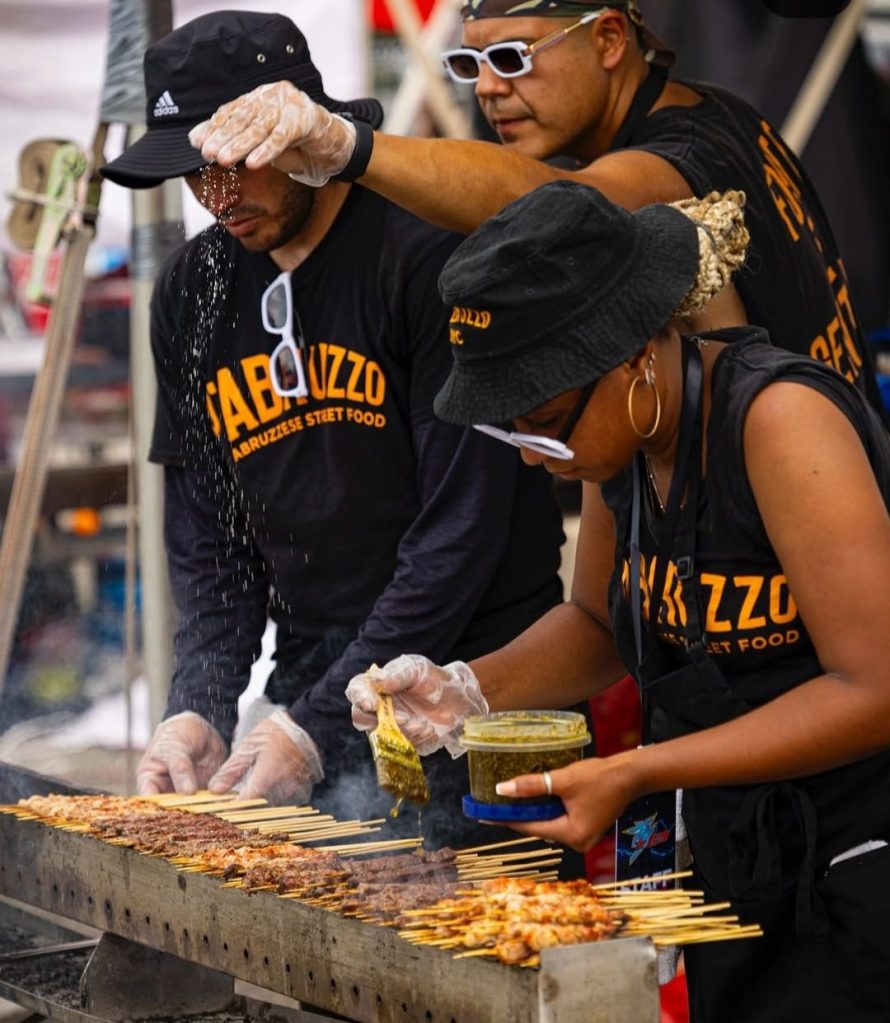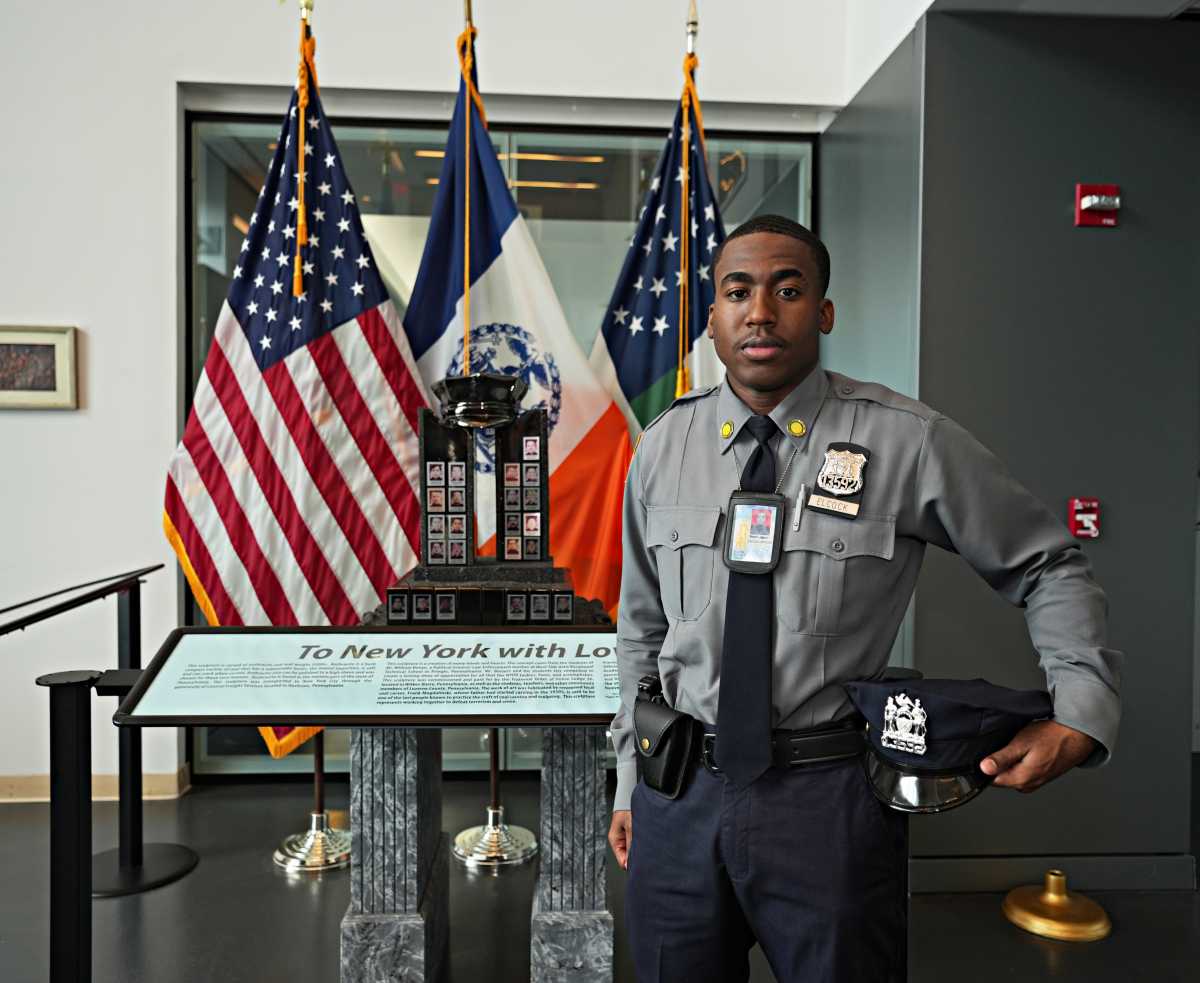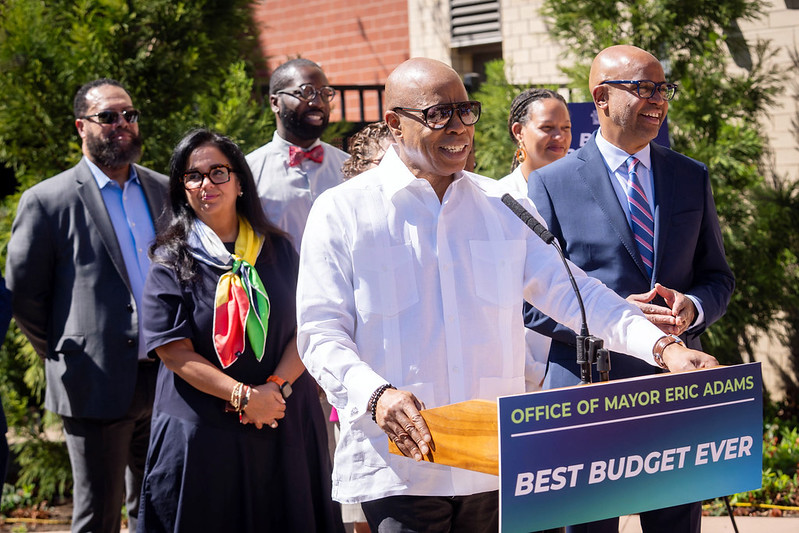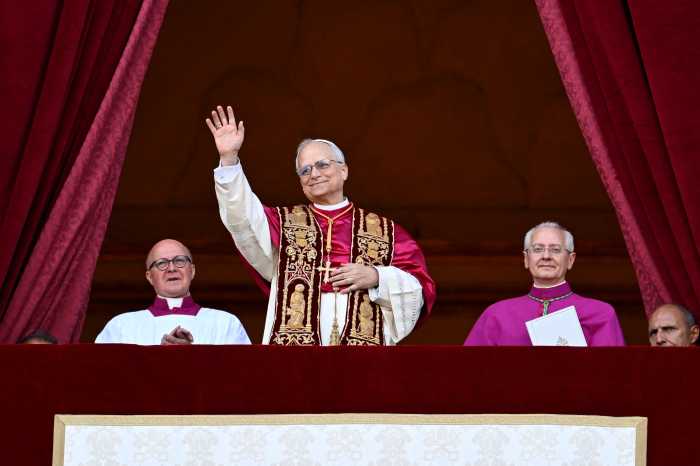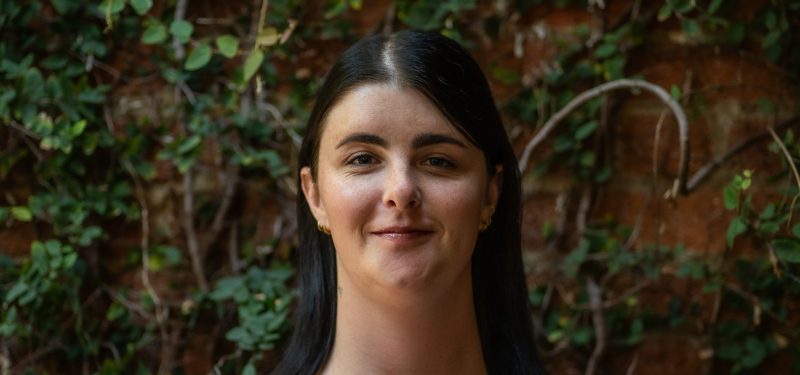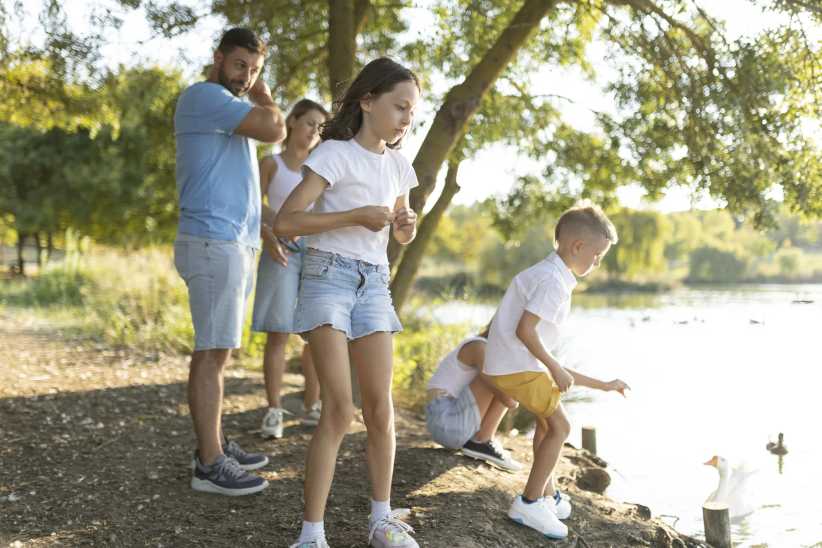An Iraqi translator, who was shot in 2003 while working for the American military in Baghdad, will undergo facial reconstructive surgery on Friday, October 27 as doctors affiliated with the North Shore Long Island Jewish Hospital system attempt the first of an anticipated several surgeries to restructure his face.
The patient, Uday, whose last name is being withheld to protect his safety, was shot in 2003 by a bullet which traveled diagonally though his left forearm into his right cheek and eye.
During his first surgery, which is expected to last between two and three hours, a soft tissue balloon will be implanted, so that his cheek does not look sunken in. Two to three months afterward, Uday will undergo a second surgery on his right cheek bones, replacing the balloon with a permanent implant. Additional surgeries to lessen scars and reshape Uday's face may later be performed, and some of the shrapnel lodged in the right side of his face may also be removed, but this may not be necessary.
“I found all the American people here very kindly. I'm happy that I'm waiting for the surgery,” he said.
If he had remained in Iraq, Uday said he probably would have been killed.
By chance about a month after he was shot, Uday, who had been brought to a hospital in Kuwait, met Elissa Montanti, who runs Global Medical Relief Fund, a Staten Island charity that brings injured children from war zones to the United States for medical treatment. At a party a few weeks after returning to the United States, Montanti met Dr. Thomas Davenport, a plastic surgeon at the Long Island Plastic Surgical Group, who convinced the hospital system to pay for Uday's transport to the United States. He also convinced his partner, Dr. Kaveh Alizadeh, to perform the surgery free after he heard the story behind Uday's injuries.
In the spring of 2003, Uday, who had worked as a mechanical engineer, volunteered to work for the American military in Baghdad. At noon on a hot day in May 2003, Uday offered to fetch soda and ice for a soldier in the 101st Airborne Division who was very thirsty, and on his way back, Uday was ambushed by two men, who he believes were Saddam loyalists and Baath party members.
After the American soldiers found him, Uday was transported to a hospital in Kuwait, where he woke up five days later hooked up to a tracheostomy - trach tube. At first, Uday said he struggled with his injuries.
“I can't believe what happened to me. It was very difficult at first,” he said of his seven-month stint on a ventilator in the Kuwait hospital.
Before coming to the United States, Uday received 14 surgeries to his face and arm, and he still does not have full movement in the arm where he was shot, he said. He can't see and hear on his right side, and the bones in his right eye socket can't support a prosthetic eye, so he wears an eye patch.
In Iraq, Uday has a wife, two daughters, 20 and 15, and two sons, 18 and 10.
Although Uday spoke to his family recently - sometime around Wednesday October 12 - he worries for the safety of his family.
“They are alone there. There are many problems now in Iraq,” he said. His family has already had to move, and Uday's 18-year-old son has had to leave work to help the family earn money. About a week before he came to the United States on September 17, Uday's oldest daughter was married, and Uday said he was very grateful to see the wedding before coming to New York.
Until he is able to find a more permanent residency, Uday will stay at Mount Manresa, a Jesuit retreat in Staten Island, where several other Iraqis and the children brought to New York by the Global Medical Relief Fund also reside. In his free time, Uday takes long walks, helps with the gardening, and tutors an Iraqi man, whose son was badly injured, in English.
After his surgeries, Uday hopes to be able to stay in the United States and have his family join him here. Although he misses Iraq and his friends, he believes that staying in New York would be a better choice right now. In addition, Uday said that he has found several other Iraqi immigrants in Queens.
“All the people here are like family,” Uday said. “I don't feel like I'm with strangers.”



